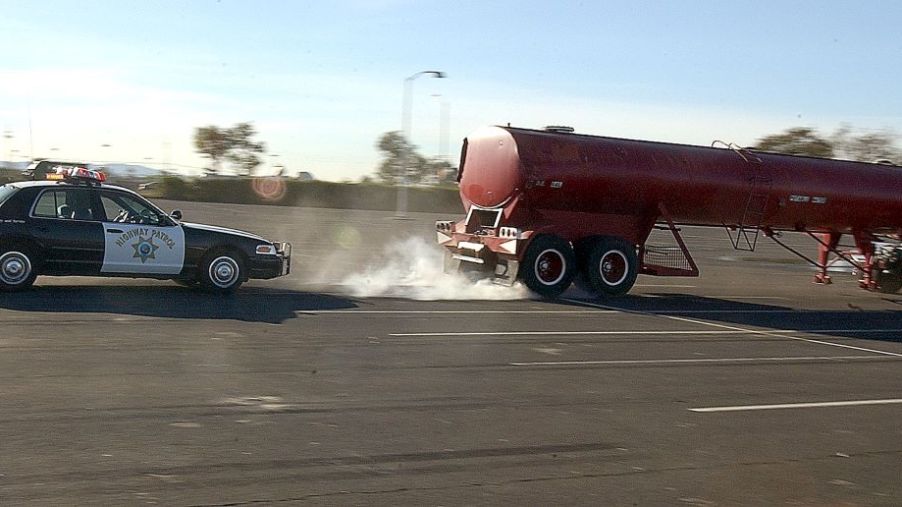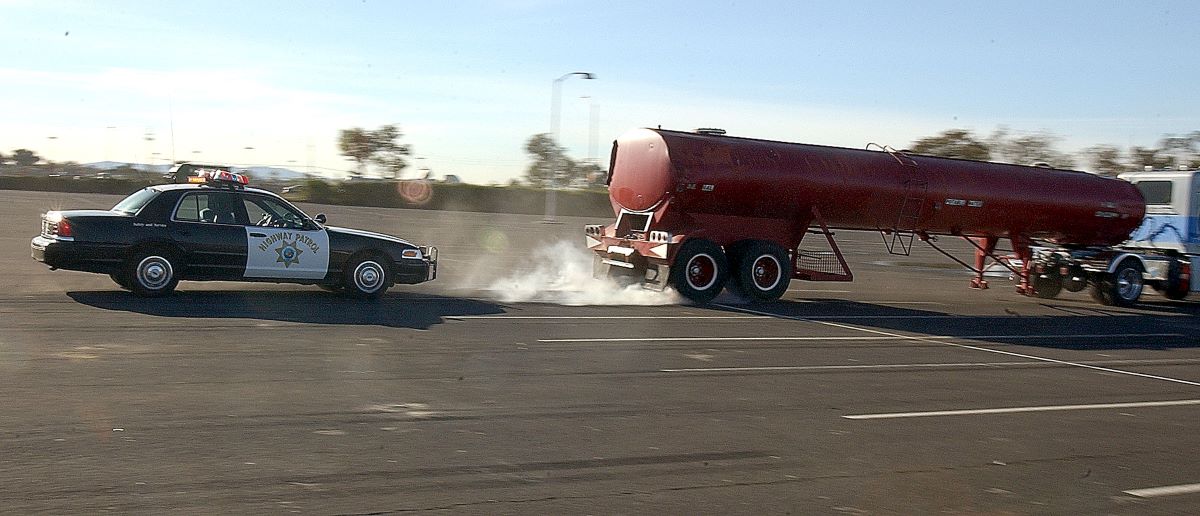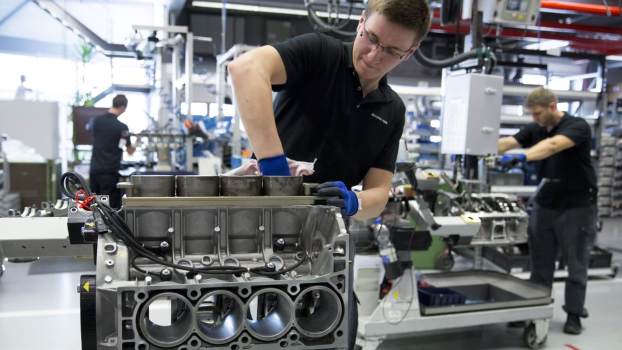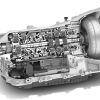
Are Engine Brakes Dangerous, or Just Loud?
We’ve all seen highway signs forbidding “Jake Braking” and using an “Engine Brake,” but many people don’t know what a Jake Brake even is. Are Jake Brakes unsafe or only a public annoyance? Is there a maintenance advantage to using engine brakes?
What is a ‘Jake Brake,’ and how do engine brakes work?
Matheson, a professional trucking firm, says Jacobs Vehicle System inc. created the compression-release engine braking system now commonly known as a Jake Brake. While engine braking systems are most common on large semi trucks, some heavy-duty full-size pickup trucks also feature an engine brake designed to help slow them down when hauling heavy loads. Technically, any engine-powered vehicle provides engine braking when letting off the accelerator, but the signs only apply to the noisy engine brakes used by semi-trucks.
Truck drivers activate their Jake Brake system whenever they want to use the engine brakes to slow down, typically on downhill runs and highway off-ramps. A truck’s internal combustion engine usually compresses a fuel/air mixture that burns (combusts) inside the engine’s cylinders to produce power. Engine brakes, like a Jake Brake, use the engine’s compression to create drag on the driveline and slow the truck’s speed.
Is engine braking dangerous, or just loud and annoying?
The only safety concern with engine braking is its use in slick road conditions. Standard brake systems apply even braking across all the vehicle’s tires and, in most cases, employ automatic braking systems (ABS) to prevent skidding the tires. However, engine brakes only affect the drive tires and don’t have ABS, so skidding and losing control is possible.
Municipalities often ban the use of engine brakes “where residential neighborhoods are near the interstate or toll roads” because the noise created by Jake Brakes disturbs the peace, according to the Apex CDL Institute. The Institute recognizes the value of a peaceful neighborhood but wants people to know the valuable role that engine braking plays in a truck’s operation. It says engine brakes reduce wear on the truck’s friction-brake components, lowering maintenance costs and unproductive downtime.
The disadvantages of using engine braking

While truckers enjoy many benefits of engine brakes, including extra stopping power, reduced wear on friction brakes, making big truck sounds on the open road, etc., The Drive says there are some things they must consider.
- Possible engine damage – Engine braking won’t hurt the engine as long as it doesn’t exceed its safe RPM operating range.
- Extra fuel consumption – While some engine braking systems may use extra fuel, many feel it’s a fair trade to prolong the life of the truck’s friction-brake components, such as brake pads or shoes, brake rotors, and brake calipers. However, most modern engine brake systems shut off fuel flow during operation, potentially saving fuel over the long run.
- The potential to get a ticket – No one wants to get fined, especially a trucker. Getting stopped for a Jake Brake violation takes time they don’t get paid for and costs them money they’d rather spend elsewhere.




